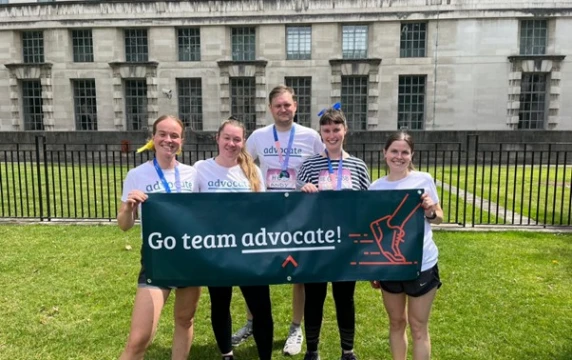In late 2019, the local authority sent a letter to the executor of the late Mr. Gordon Edwards. The letter expressed condolences for Mr. Edwards’ passing and advised that there may be an outstanding balance owed on Mr. Edwards’ account. When Gordon Edwards, a 20-year-old student who is in fact alive and well, received the letter, he was highly alarmed and disturbed to read of his own passing.
The letter was sent to Gordon due to an administrative error. Adult Social Care Services had accidentally recorded Gordon’s details in another file. The individual who had sadly passed away was subsequently misidentified as this Gordon Edwards on the local authority’s system.
For Gordon, a vulnerable young man with a mixed personality disorder, the experience was a waking nightmare. Gordon has experienced paranoid beliefs and hallucinations and was being treated with antipsychotic medication. Reading a letter expressing condolences for his own death caused Gordon extreme anxiety and distress.
Gordon initially responded advising the local authority of their mistake, and they hastily responded reassuring Gordon that his records had been updated. However, he continued to receive further mistaken communications related to the deceased individual. These mistakes were a clear breach of the Council’s duty to accurately process personal data under Article 5(D) GDPR, and after the Information Commissioner’s Office found that the Council had failed to accurately process his personal data, Gordon sought to obtain damages, under Data Protection Act 2018 s.168, for distress by issuing a claim in the County Court.
Despite the local authority admitting to their failings to comply with the Data Protection Act, the Council attempted to defend the claim by stating that Gordon had not adequately set out details of the distress he had suffered, or the quantum of damages owed.
Due to the unusual nature of the claim and the fact that Gordon suffered psychological distress, identifying quantum, in this case, was inherently challenging. Additionally, since the Data Protection Act 2018 had only been in force for two years, claims under s.168 were relatively new, and there was little information available about calculating quantum in such cases. Accordingly, even though Gordon had clear evidence of the Council’s errors and was able to represent himself, his claim would be unlikely to succeed without advice.
Gordon reached out to Advocate and we put him in touch with Ashley Blood-Halvorsen of 3PB. Ashley took on his case and wrote 10 pages of advice on the quantum of damages Gordon could claim. Using this information, Gordon was able to successfully negotiate a settlement of £750 in damages and £80 in costs. Ashley’s advice also assisted Gordon in subsequent GDPR claims.
Gordon was satisfied with the outcome and highly appreciative of Ashley’s support in putting forward a novel claim. He said: “I could see that Ashley was a committed and knowledgeable member of the Bar. I was very impressed when I received her advice on damages advising me on quantum for a GDPR claim and she was very eloquent and articulate in her submissions to me as a litigant-in-person and exceeded my expectations. It is impressive that Ashley provided this advice to me pro bono, which just goes to show how much of a caring and committed barrister she is.”
You can make a difference, find out here how you can volunteer with Advocate.






